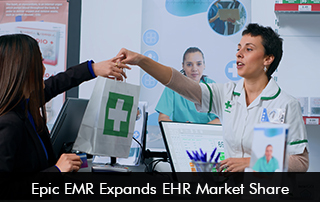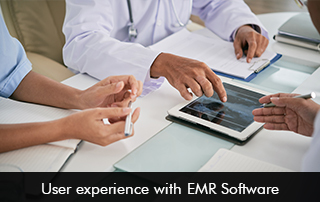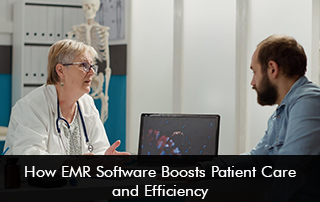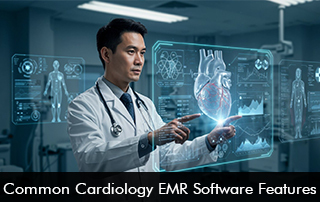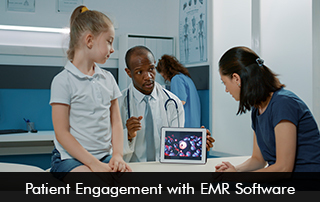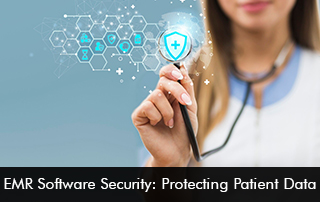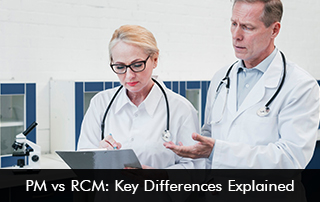How School Therapists Use EMR Software?
School therapists are crucial for helping students stay mentally and emotionally healthy. Many are using special Electronic Medical Records (EMR) Software built just for schools to make their job easier. This EHR Software helps therapists keep consistent records, watch how students are doing, and work together with teachers and parents, all while keeping things private [...]



